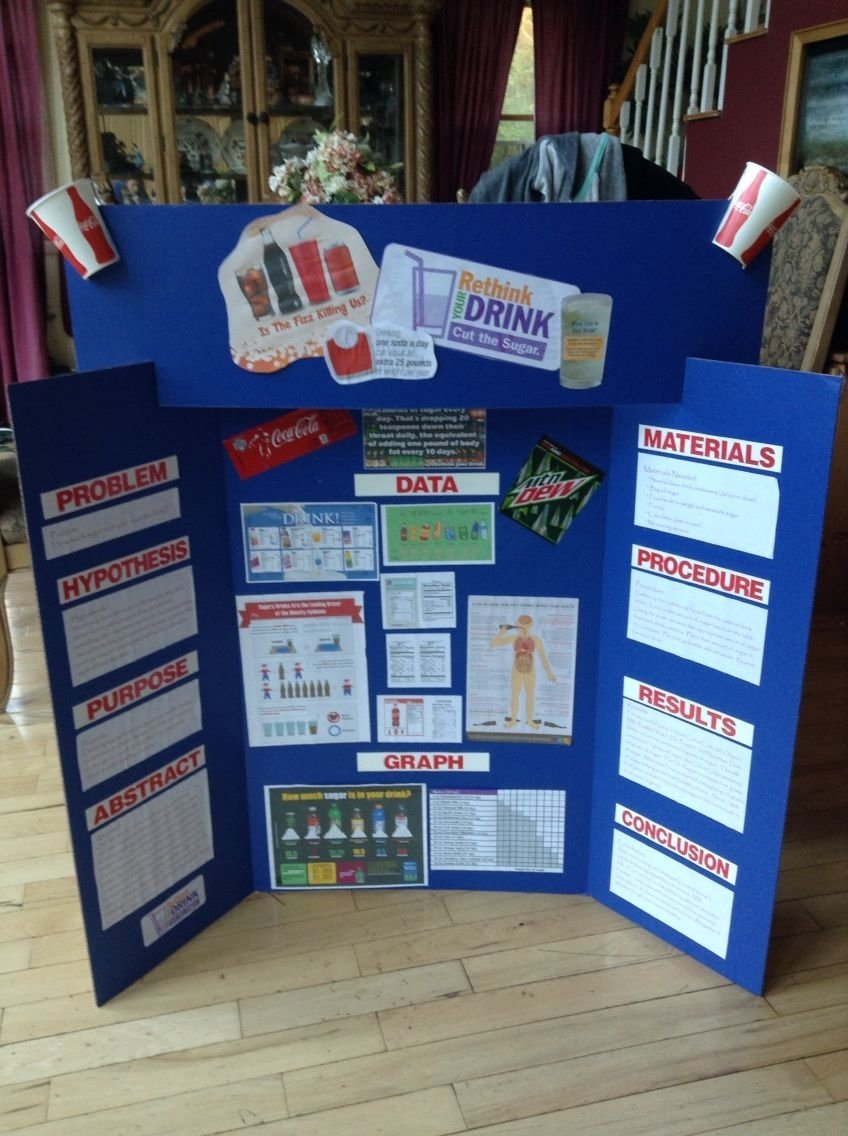


Instead, school cafeterias are filled with cardboard trifold displays of information that students copied off of the internet, or with prototypes or models that their parents designed, financed and constructed. Children could become excited about how things work, what things are made of and about life itself. Their evolving understandings of science could be highlighted and the results of their experiments could be on display.

Unfortunately, these goals are often lost in the process.Ī science fair could be a low stakes competition between students where they present both what they knows of the scientific process they used and what they learned from that process. and that schools will bring public awareness to the field of science.

#Winning high school physics science fair projects how to#
Though educators might think that the point of a science fair is to teach students how to conduct an experiment, you wouldn’t know that from looking at the projects in your local middle school auditorium. They cheat, and they do it because science fairs are not, in fact, “fair.” Sunday evenings couldn’t be made any less fun - or any less educational.Īnd, for those children whose parents are not as available or don’t have $100 to spend on a volcano, they go on YouTube and copy an idea for building something out of junk from around the house. Science Fairs are supposed to be what we call in academia, “authentic assessments,” a type of evaluation that measures whether or not students understand what they are being taught at the conceptual level by virtue of their being able to apply that knowledge in real life.īut, instead of this being an opportunity for children to be curious and creative, most parents end up building the volcano for their child with $100 of supplies purchased from the local craft store or Home Depot, while their child watches anxiously from the couch. Are absurdly competitive and living vicariously through their children. If you work and have children who are in middle or high school, they (and you) may be saddled with an academic project that ought to be fun, and exciting, but instead it is stressful for schoolchildren and their parents.ĭ.


 0 kommentar(er)
0 kommentar(er)
